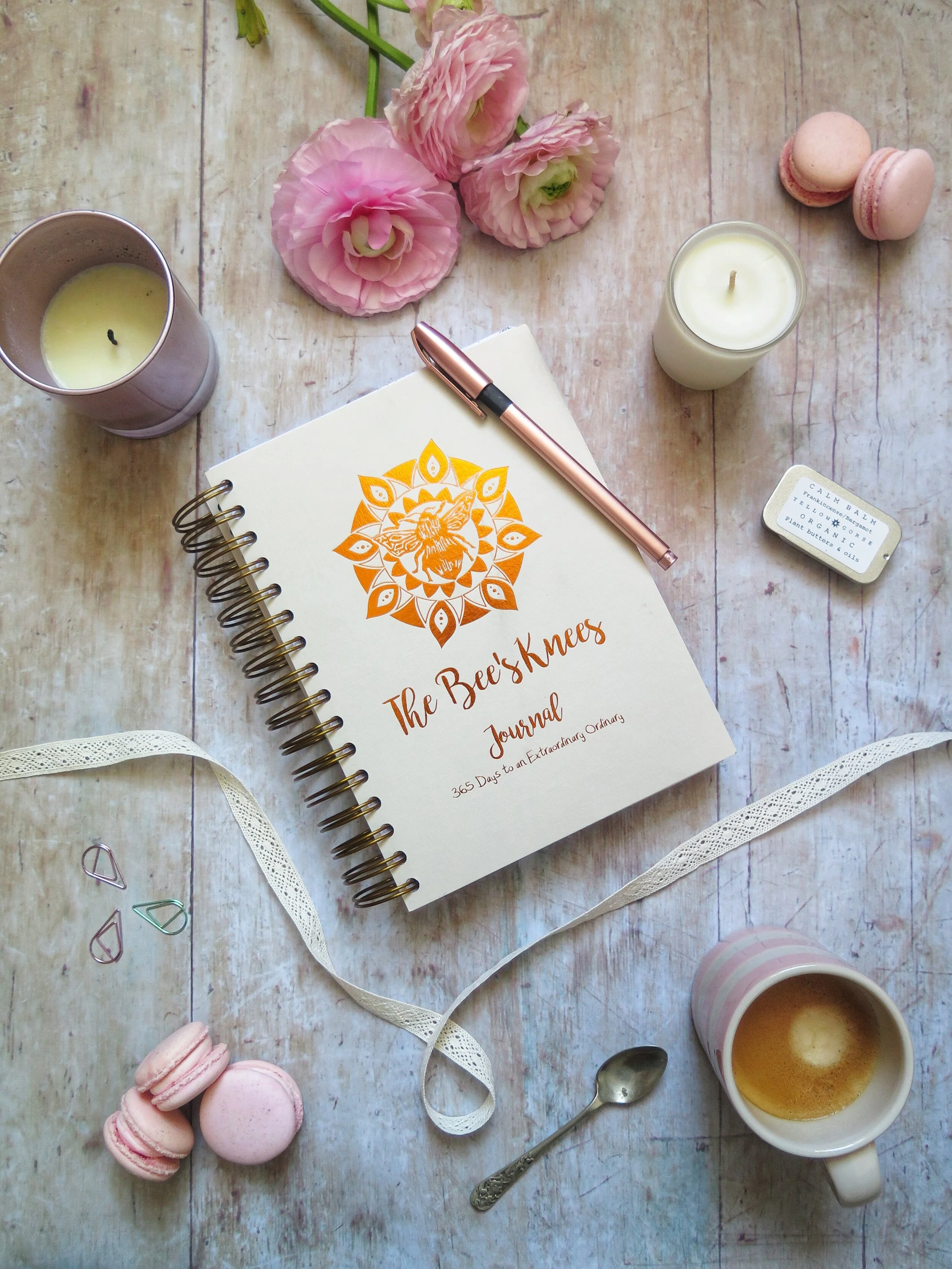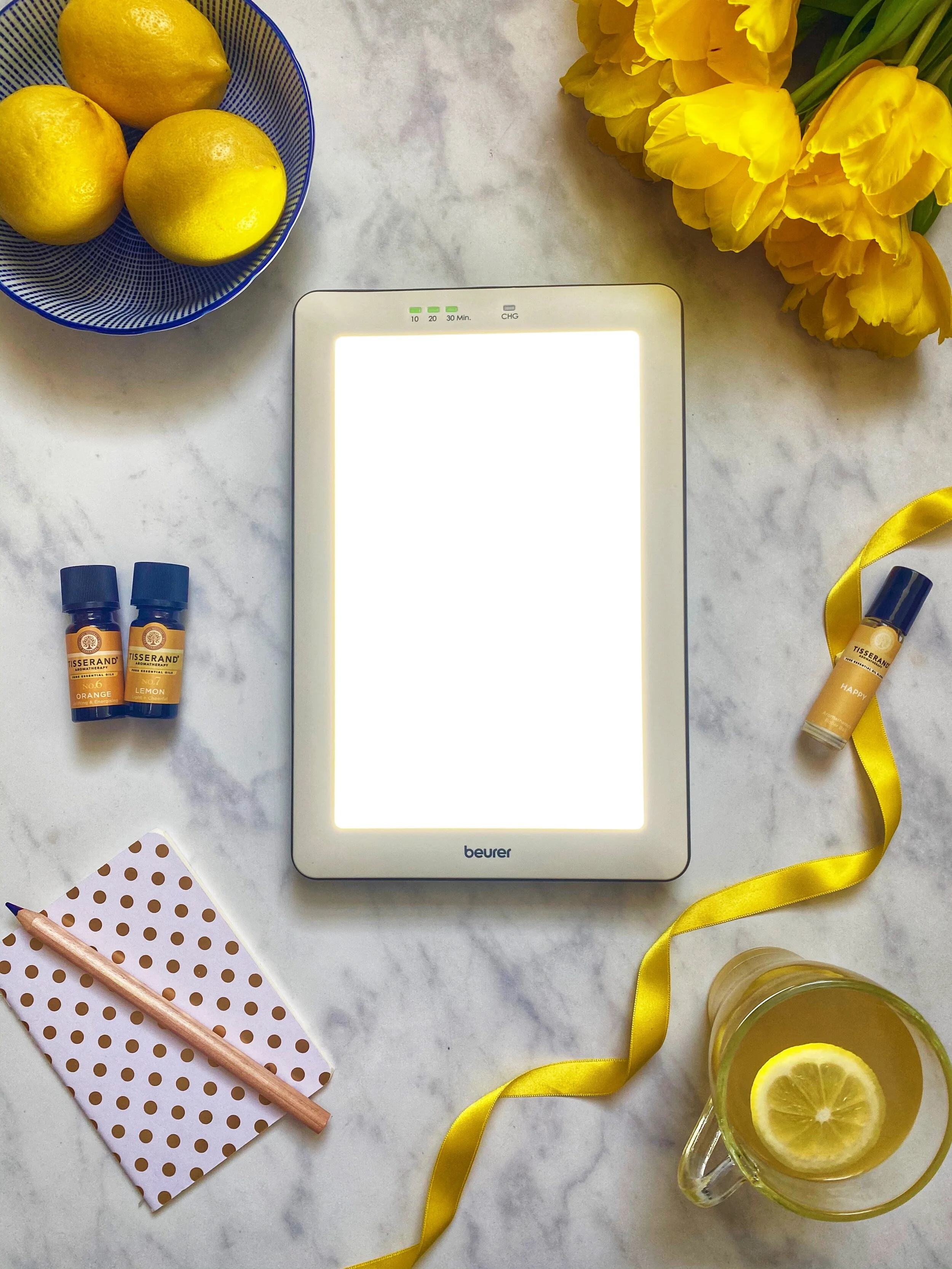Gratitude Journaling
A year or two ago whilst going through a bit of a tough time, a very good friend of mine bought be a beautiful gratitude journal. I was so touched to have received it but at the time I just never got round to filling it out, always arguing with myself that I didn’t have time to do it. Over the last six months though I have realised that spending a little bit of time, however small, on self-care is always a good investment and we actually receive so much more in increased productivity, decreased stress and an improvement in happiness by spending time on ourselves.
This year rather than New Year’s resolutions, I decided to try to become more positive and seize opportunities. So I remembered the gratitude journal sitting in a drawer and opened it up. Already, only a couple of weeks in, I have experienced an increase in happiness and a greater appreciation of the small, often seemingly insignificant things in life, which bring us joy. Sometimes if I’ve spent an 11 hour day at work and not done anything particularly exciting, it can seem a challenge to open up the gratitude journal at the end of the day and find positives, however it is always possible. From enjoying a cheeky chocolate biscuit, to seeing a stunning sunrise driving to work or a full moon from my bedroom window, if we really reflect on the day, there are always positives we can glean from it. By then focusing on the positives of the day rather than wallowing in the negatives, we can actually start to turn our state of mind around.
After starting my gratitude journal I wanted to find out a little more about the science behind it. The Oxford English Dictionary defines gratitude as:
“A warm sense of appreciation of kindness received, involving a feeling of goodwill towards the benefactor and a desire to do something in return”.
Dr Robert Emmons is one of the world’s leading scientific experts in gratitude and he has studied this area of psychology for many years. He has found the benefits experienced by people who practice regular gratitude exercises include:
Higher levels of positive emotions with increased feelings of joy
More optimism
A greater feeling of self worth
Improved relationships with others
Improved sleep
A decrease in pain and stronger immune systems
He stresses that gratitude journaling doesn’t mean being unrealistic and not accepting that bad things do happen in life, but it means affirming the good things that happen and identifying the positive aspects of our life. It also acknowledges that a lot of our good things in life come from other people and therefore recognises the importance of those around us.
An improvement in sleep wasn’t something that I had realised a gratitude journal could do for me. The 2003 study “Counting blessings not burdens” * reported a 25% increase in sleep quality for participants keeping a gratitude journal and an 8% increase in the amount of sleep they were actually getting. With insomnia being such a big problem in our stressful modern lives, something simple and free we can do to help our sleep is surely worth a try?
The same study also showed that even blood pressure can be lowered by the participants reporting their blessings once a week. I know that a lot of my patients on medication for blood pressure would rather be on lower doses of blood pressure medication or even no medication if possible. Whilst I’m not suggesting that writing in a gratitude journal alone would lower blood pressure, it could be a help in combination with medication and other lifestyle changes.
Focusing on the good parts in our life also increases our optimism by allowing us to believe that our future will also be filled with good things. It also helps us to bounce back when bad things do happen, in essence to make us more resilient. A 2008 study by Professor Alex Wood showed that this can help reduce the frequency and severity of episodes of depression for sufferers.**
Sadly the particular journal I use is now out of print but there are plenty of others readily available. I have found daily gratitude journaling really helpful but there is lots of evidence that writing weekly or even monthly can also be hugely beneficial to our sense of happiness and positivity. If you are not keen on a physical journal or you travel a lot, there are lots of apps available for your phone so you can carry your journal with you everywhere. Remember it really doesn’t matter how big or small the things you are grateful for are, there’s no right or wrong here, it’s about what makes you feel happy and what things in your day brought you joy.
So why not give it a go? It can literally take just a few minutes at the end of the day if you don't have much time to spare, and the benefits to your happiness can be huge!
* J Pers Soc Psychol. 2003 Feb;84(2):377-89. Counting Blessings versus Burdens: an experimental investigation of gratitude and wellbeing in daily life. Emmons and McCollough
** The Role of Gratitude in The Development of Social Support, Stress, and Depression: Two Longitudinal Studies. Wood et al. Journal of Research in Personality August 2008




